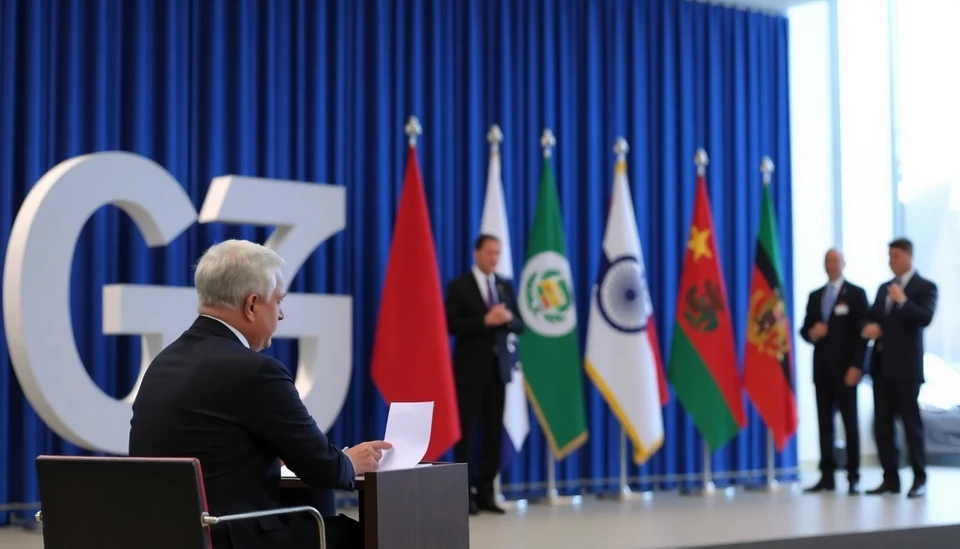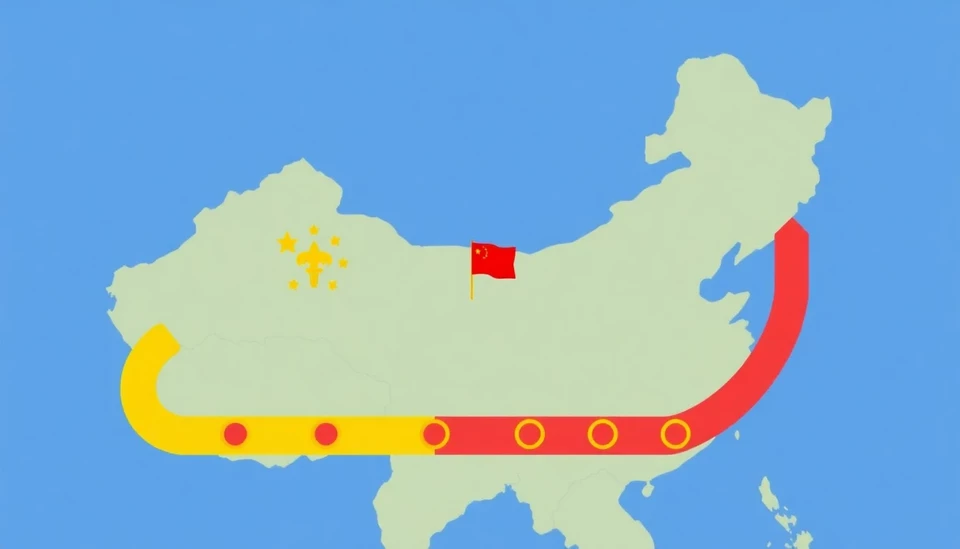
The ongoing negotiations among the G7 nations have hit a snag, primarily due to significant objections raised by the United States. As the leaders prepare for their upcoming summit, the possibility of issuing a joint statement is becoming increasingly bleak, casting a shadow over the unity and effectiveness of the group. The U.S. critique centers on key issues including economic policies, climate commitments, and global security strategies, raising concerns about the diplomatic cohesiveness of the alliance.
Sources within the G7 suggest that the discontent from Washington stems from differing priorities and approaches to major international challenges. The U.S. has expressed particular reservations about how collaborative efforts are being framed, arguing that certain policies do not adequately reflect its national interests or commitments. These disagreements have led to a palpable tension as member countries attempt to reconcile their varying agendas in the face of pressing global issues.
Analysts are contemplating the impact of a potential lack of consensus, noting that the absence of a joint statement could diminish the G7’s collective influence on international affairs. The group, which includes Canada, France, Germany, Italy, Japan, the United Kingdom, and the United States, has historically aimed to present a united front on matters such as climate change, economic growth, global health, and security threats. Without a cohesive declaration, the G7 risks appearing fragmented, undermining its role as a leading authority on global governance.
This discord arrives as global challenges intensify. As countries grapple with rising economic tensions, climate crises, and geopolitical conflicts, the need for a synchronized response is more critical than ever. The G7’s effectiveness as a platform for dialogue and cooperative action is now under scrutiny. Experts argue that even minor disagreements should be resolved to ensure the unity required in addressing these global issues, but with the U.S. holding substantial sway, the path to a common ground remains uncertain.
While the U.S. insists on prioritizing its own strategic interests, other G7 nations find themselves in a difficult position. They are caught between the need to maintain alliances and the desire to pursue their policy objectives. Countries such as Japan and Germany are particularly vocal, advocating for collaborative solutions that address both their national concerns and broader global necessities.
The summit is scheduled for next month, and the underlying tension carries significant implications for the diplomatic landscape. The stakes are high as the world watches closely, anticipating whether the G7 can overcome its internal divides and emerge with a unified stance. Experts underscore that even a modest compromise could enhance international cooperation and provide a stronger foundation for addressing shared challenges.
In conclusion, the unfolding situation poses pivotal questions about the future direction of the G7. The internal conflict fueled by U.S. objections could reshape the group’s agenda and its overall effectiveness as a decision-making body. As the summit approaches, all eyes will be on how diplomatic efforts evolve, with the hope that compromises can be reached to preserve the alliance's integrity and its role in fostering global collaboration.
#G7 #Diplomacy #UnitedStates #InternationalRelations #ClimateChange #GlobalEconomy #WorldPolitics #Summit2025
Author: Daniel Foster




